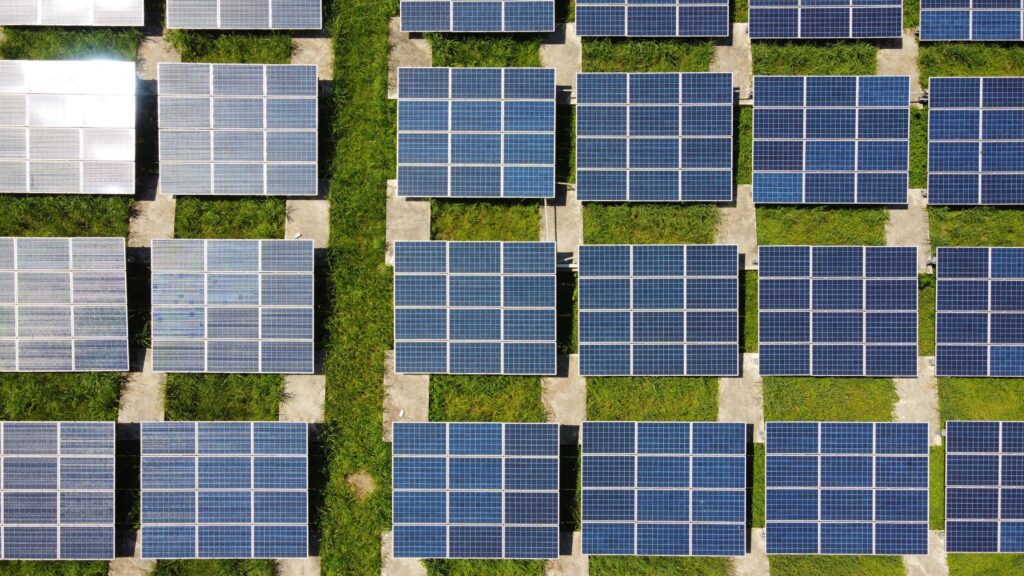So, what does sustainability mean to you? A question that has more to it than meets the eye. A question that in every sense of the word, holds the entire planet within. Take Ten was initiated as a project to understand the diverse interpretations of sustainability by various individuals within the Krea ecosystem.
While it started off as an innocent reportage on exploring the perspectives of leadership, academic experts, team members and students within the Krea community, over time, this initiative turned into a kaleidoscope – both interesting and thought-provoking, sketched with multiple hues of interpretations and woven in by explanations interweaving through various disciplines, from Humanities and Arts to STEM.
Through these interviews and discussions, the Communications Team invariably were nudged to open their minds to concepts and dialogues which were unique and become aware of a more sensitive and empathetic usage of language revolving the critical concept of sustainability. Over the past few weeks, we have been looking at the idea of sustainability like solving the Rubik’s Cube, attempting to understand cultures, deciphering behaviors to analysing scientific data.
We hope you, the reader, also get to embark on an interesting journey through the words of the diverse stakeholders within the Krea universe and take a moment to reflect on how you yourself may interpret the term ‘sustainability. And that’s just the beginning.
*All views are personal
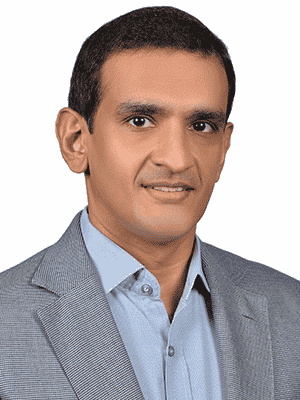
“Sustainability is a question of human purpose – is our purpose to maximise human potential, or is our purpose to live happily, in harmony with each other and our planet? We must realise that this is a binary choice; we cannot have both. Happiness and harmony go beyond climate change, energy, food and water – we must also consider sustainable lifestyle choices for physical and mental well-being, as well as sustainable familial, social, economic and political structures. Our path from status quo to sustainability is not well-mapped, but if we remain focused on our purpose, I have faith that human ingenuity will find us a way to get there.”
Kapil Viswanathan, Chairman of Executive Committee, Krea University
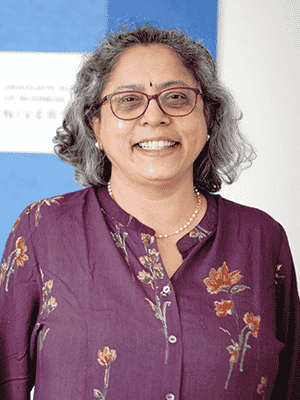
“Over the last few decades, we have witnessed multiple radical innovations. Innovations that have put immense pressure on earth’s limited resources. This has also put the world as we know it, and the future at risk. Sustainability for me finds its meaning in everyday actions, it denotes conscious efforts to move away from our myopic view of the present and involves integration of solution-based approaches that also serve the needs of our future generations. This would mean shifting away from the lens of ‘business as usual’, and finding more than one possible path to course correct the infinite growth on this finite planet. What we do today will determine the future. When recourse is complimentary and not competing, we can truly affirm that we are headed towards a strong and sustainable future.”
Prof Lakshmi Kumar, Dean, IFMR GSB
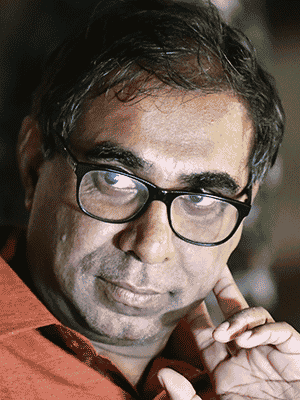
“Conservation Biology increasingly adopts the idea of a Safe Minimum Standard rather than a Cost Benefit Analysis for the environment, reminiscent of a ‘First Do No Harm’ notion enshrined in spirit in the Hippocratic Oath. Sustainability could well do with heeding such a conception, rather than the utilitarian advancement of the greatest good for the greatest number. So long as that number comprises only a select element of one species, there is no sustainability to be had, glib pronouncements to the contrary notwithstanding.”
Prof John Mathew, Divisional Chair, Humanities & Social Sciences, SIAS
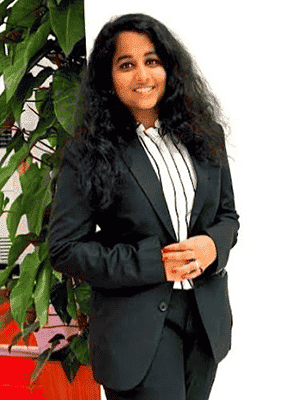
“The ability to sustain. Sustaining, to me, is to live life with the bare minimum by providing ourselves with only what we truly need and working hard to earn and replenish it. But, in recent times as the comfort levels and luxury levels are increasing drastically, we are tending to overuse the resources at hand as we are not efficient in finding a sustainable way. When there is no sustainable alternative for any activity, products/services then comes the problem of overuse. This overuse in the present will not allow us to live our life in the future, not even a bare minimum life.”
Amulya Sanivarapu, GSB Batch 20-22
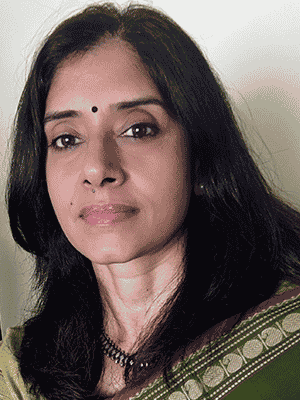
“Krea’s vision of preparing young people for an unpredictable future through its interwoven learning approach is founded on the very pillars of Sustainability. Campus life draws attention to how the campus community’s actions and practices can have a ripple effect, immediately impacting the region we are located in. A diverse and inclusive campus community, harmoniously co-existing with the surroundings and contributing to the social and economic development of the region, is how we at Krea embrace sustainability. Making informed choices and decisions, whether it be sourcing food from local vendors, generating direct and indirect employment opportunities in the region, reducing the carbon footprint by using shared shuttle services or public transport, organic farming, working on research projects to help sustain the ecosystem of the region, the sustainability goals are present everywhere. The students of Krea have rightfully taken their place at the University’s Sustainability table, by being active stakeholders in all initiatives to build a meaningful living on campus.”
Vidhya Munuswamy, Dean of Student Affairs
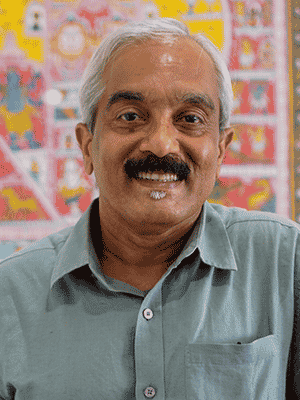
“The idea of Sustainability gathers many themes and like any idea or concept has a deep history. The idea may be old but it gathered momentum only in the 20th century through various national, international and civic efforts and movements world over. There was a time when sustainability spoke to a very urgent and pressing human predicament and the lopsided way in which industrialisation in Europe and North America unfolded, and the way it influenced aspirations for development in post-colonial Asia, Africa and Latin America. It made us re-look at the dominant modes of development, forced us to question the rapid depletion of natural resources, and re-examine the issue of intergenerational justice. It motivated activists, academics, researchers, policy makers, and artists to raise new questions. But over a period of time, the idea seems to have lost its force, its agency. As happens to many ideas and concepts, it was used recklessly, not in good faith and soon it turned it into a cliché.
Today the issues remain supremely relevant but the idea of ‘sustainability’ itself feels worn out, with little creative and active strength left in it to galvanise or animate us. And hence, there are two options left to us: we use the term in a mechanical way and conduct business as usual or alternatively, re-imagine the concept of Sustainability and make it speak to our context, make it work in more honest and creative ways. Suitably modified, it can prompt us to re-define our relationships, to re-think our social relations, our ways of life and consumption, and our aspirations, and question growing inequalities in the world. It can make us re-define our relationship with the present, past and future. Unfortunately in its dominant usage, the term Sustainability is trapped in a technocratic vision of the world and therefore, has lost its power of critique. While it is necessary that we generate clean and green technology, we urgently need a radical re-thinking of how we lead our lives on this planet. We cannot say the game will be played as usual and hope to produce a better world. We need to think of how the idea of sustainability can be re-interpreted and re-imagined in ways that can help us to transform the way we lead our lives, and to make structures of power (pollical, industrial, economic and social) more engaged and accountable.
As Nietzsche said, “Can our ideas walk?” I would ask: “Can the idea of sustainability dance? Can it help us choreograph a better future?”
Dr Bishnu Mohapatra, Director, Moturi Satyanarayana Centre for Advanced Study in the Humanities and Social Sciences
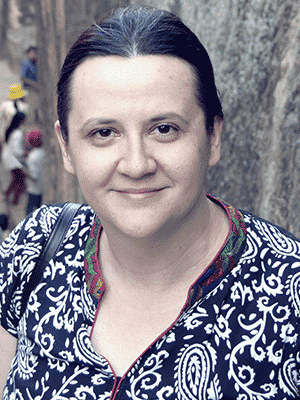
“Sustainability is an inclusive, just, and viable way of life — a holistic approach to every problem-solving and decision-making, encompassing environmental, social and economic factors, with a genuine regard for the underlying cultural, political and technological determinants in a complex world. Authentic Sustainability is more than compliance necessity, risk mitigation strategy, brand building exercise, or development agenda. It is a modus operandi based on synergies and symbiotic partnerships, all the more so in the case of perceived conflicting interests among multiple stakeholders. Individuals and systems are intrinsically interconnected; they reflect and support one another. Aligned, they contribute to a healthy whole, greater than the sum of its parts. Weakened, they trigger a systemic collapse. A Sustainable mindset comes from this realisation that, each time we harm a local ecosystem, or silently watch an indigenous language disappear, or fail to provide quality education to a child, we loosen one more thread in our safety net, thus compromising our very survival.
Finally, Sustainability is about humbleness, too — a willingness to accept that, despite all our scientific advancements and best intentions at heart, we might still be far from finding the best solutions for our troubled world.”
Lidija Stankovikj, Senior Manager, Communications
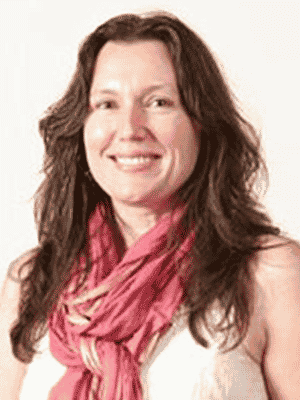
“To be sustainable is the intertwining of society, environment, culture, and economy. These interrelations are dynamic and constantly need to be optimally balanced to benefit the present quality of life for everyone without compromising future generations.”
Sharon Buteau, Executive Director, LEAD at Krea University
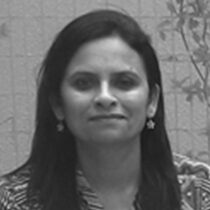
“I believe Sustainability is about living with awareness every moment of our lives. Being sensitive enough to differentiate between our need and greed, taking action to conserve rather than deplete, and following best practices that build rather than break-down, all these reflect our responsibility towards humanity and sustainable living.”
Anuradha Iyer, Director- Development
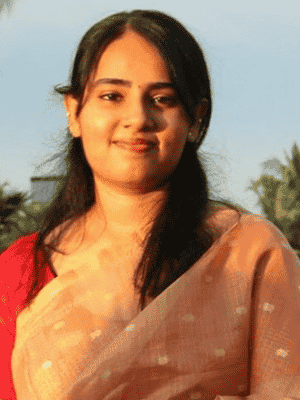
“Sustainability for long has been defined as the utilisation of resources in a manner that fulfills the needs of the current generation and does not compromise the needs of the future generations. It extends to all spheres of life- economic, social, or environmental. However, its omnipresence in today’s dictionary has turned it into an ambiguous and symbolic framework with no practical ramifications.”
Mitula Sai Subramanian, Cohort of 2023, SIAS
